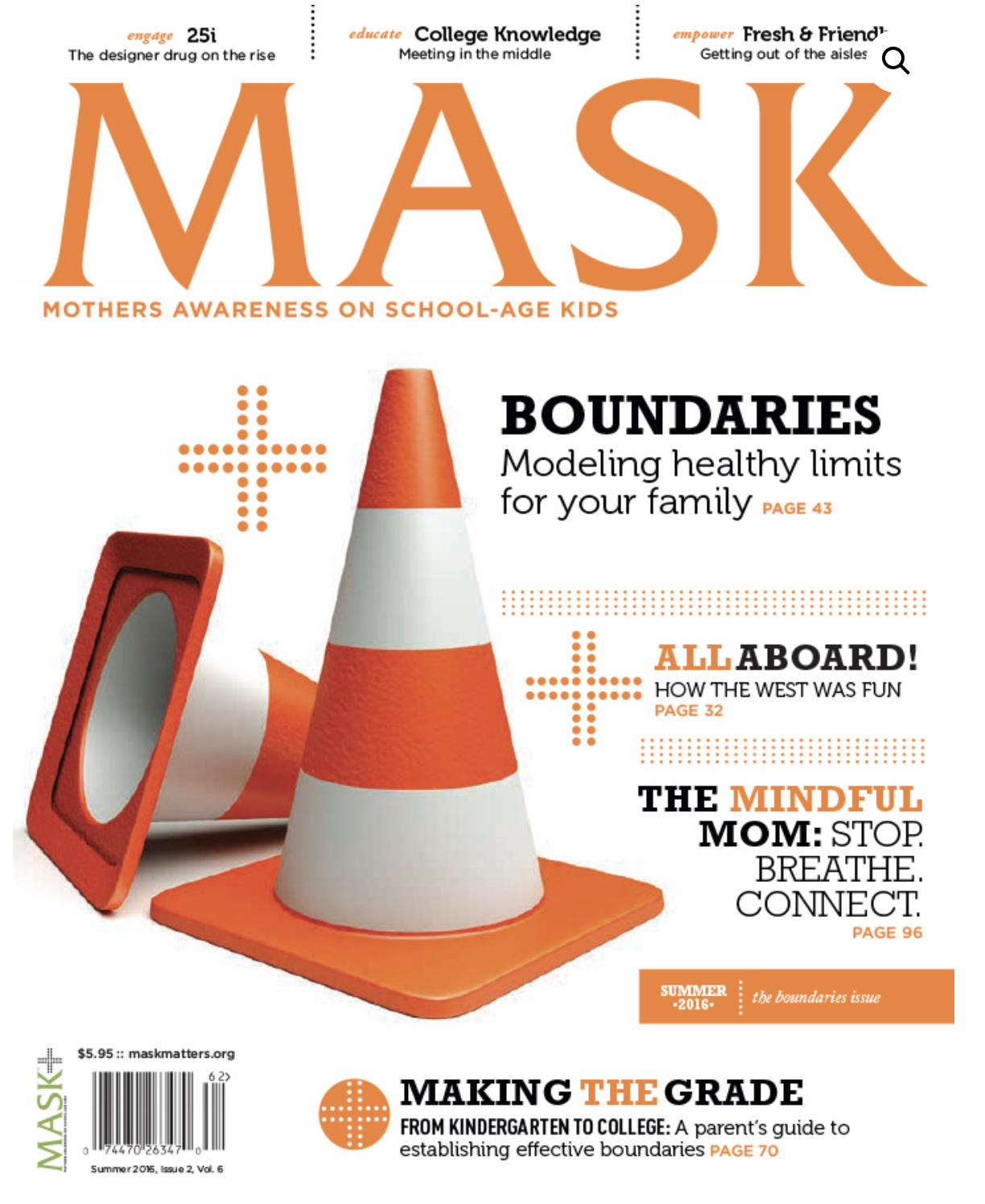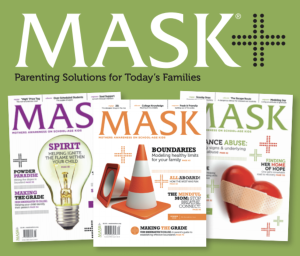
Bounty Of Benefits
December 9, 2021
Screen Vaccine
December 11, 2021Consent – it’s a big deal around here. Saying no and accepting when others say no are critical skills to learn as a teenager moving into the adult world.
Exit strategies and refusal skills are important to learn for teens so they have options and ways to get out of situation they do not want to be in. On the other hand, teaching your kids to accept it when someone says no to them is just as important. When a teen hears the word No, they may feel hurt, rejected, and unaccepted. That can create just as much angst as when a teen has to say no and feel fear that they won’t be asked again. Both sides are about fear and hurt, which can lead our kids to making poor decisions to avoid feeling those intense emotions. If we train our kids to avoid negative emotions, we don’t teach them tolerance and acceptance, which are two critical components of learning to say and accept “no”. When fear is triggered, our brains can go into survival mode, which means that we lose connections to the part of our brains that help us make good decisions and tolerate strong emotions. In teens, that part of the brain is still developing, so if they don’t have practice with learning to deal with strong emotions, they will have a really hard time if they have to say no or accept a refusal. Talk to them about refusal and consent as well as the reason why its hard to accept, so that they can start understanding and developing these skills early.
Signs:
- They can hear the word No and accept a refusal from someone else
- They are able to identify why and when they would want to say no to someone
- They say no to things they do not want to do
- They can assertively communicate the reasons that they don’t want to engage in ac activity
- They are able to identify their values and reasons they say no
- When they hear a refusal, they can accept it and not take it personally
- When they hear no, they are able to ask why and have a dialogue
- When they hear no, they are able to walk away from the situation without acting out in an aggressive way
- They understand consent and what that means
- They have exit strategies
- They have the capacity to tolerate negative intense emotions
What you can do
- Talk about consent
- Talk about saying no
- Make it ok to say no
- Make it ok to be refused
- Model healthy emotional regulation when you are experiencing intense negative emotions
- Develop exit strategies with them
- Discuss the fact that if they get refused, it may hurt and it may make them angry
- Talk about how to deal with intense emotions when someone says no to them
- Talk about rejection and how that feels
- Talk about acceptable behaviors in response to rejection
- Practice different ways to say no in a honest and forthright manner
- Talk about how the other person in the interaction is feeling and discuss empathy
Conversation Starters:
- “So, I am pretty sure you have heard the word consent. Can you tell me what it means to you?”
- “It is so hard when people say no to you. What are ways to deal with the feelings that come up?”
- “When is it important to stand your ground and stick to the decisions you have made or want to make? How do we honestly say no to others?”
To read more about Boundaries add this issue to your MASK Library
MASK the Parenting Magazine a quarterly publication providing solutions for Today’s Families.
The parenting manual offering solutions to the modern-day challenges families face. From Pre-K
through College stay up to date on the modern day issues families face.
Are you up to date on the issues your child is facing?
MASK Mothers Awareness on School-age Kids offers parenting solutions for today’s families. MASK tackles important topics – from drugs and alcohol to bullying and Internet safety -and gives students, parents and the community the knowledge and tools to manage these potential challenges.
Subscribe today! https://www.tools4teaching.com/product/mask-the-magazine/
Download and share the MASKmatters app now! Made for children, parents, teachers and in Spanish.
Have solutions at your fingertips
Available free on apple and google play links below
Apple https://apps.apple.com/us/app/maskmatters/id1482305692
Google Play
https://play.google.com/store/apps/details?id=com.maskmatters.maskmattersapp&hl=en_US&gl=US





